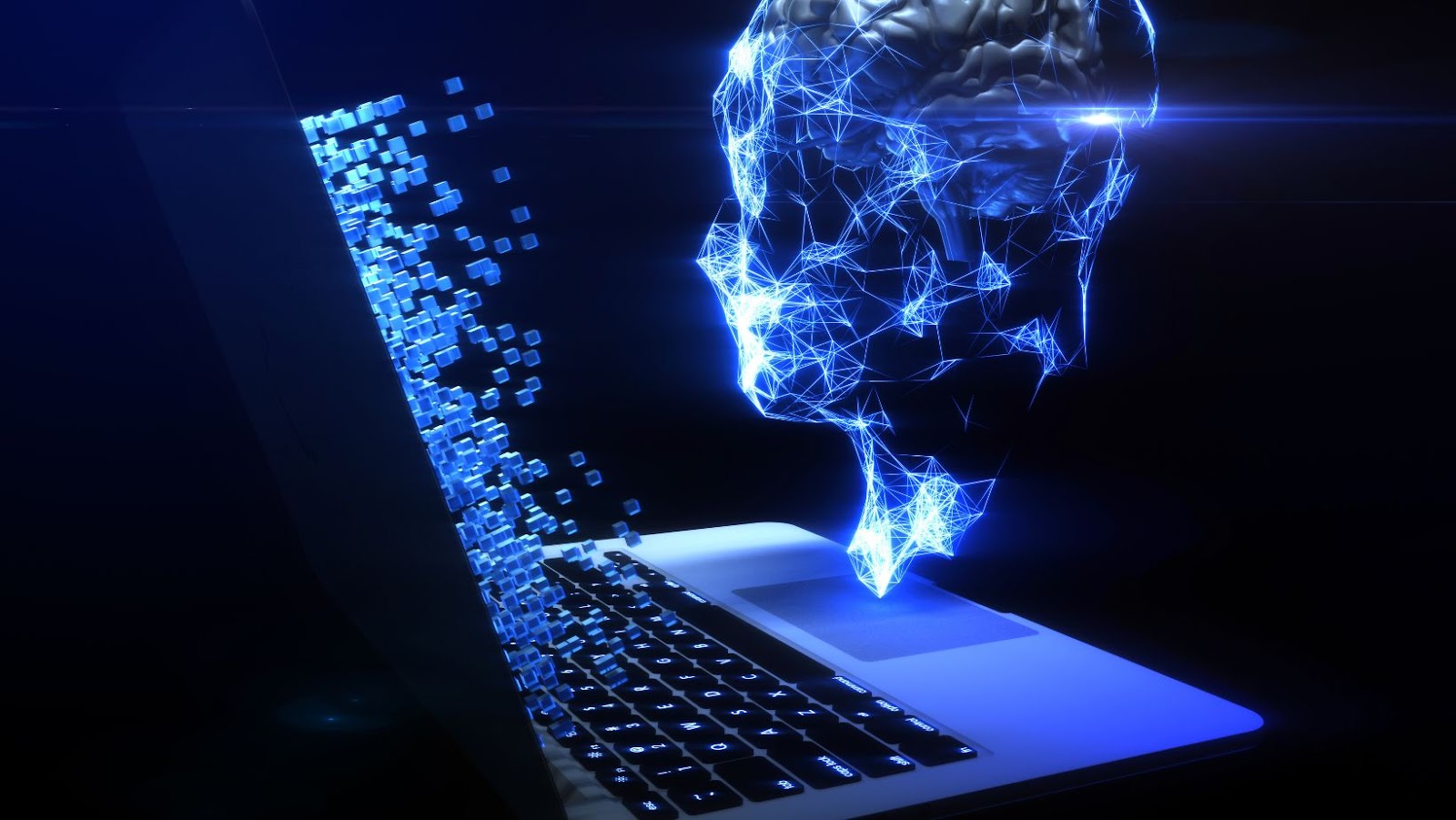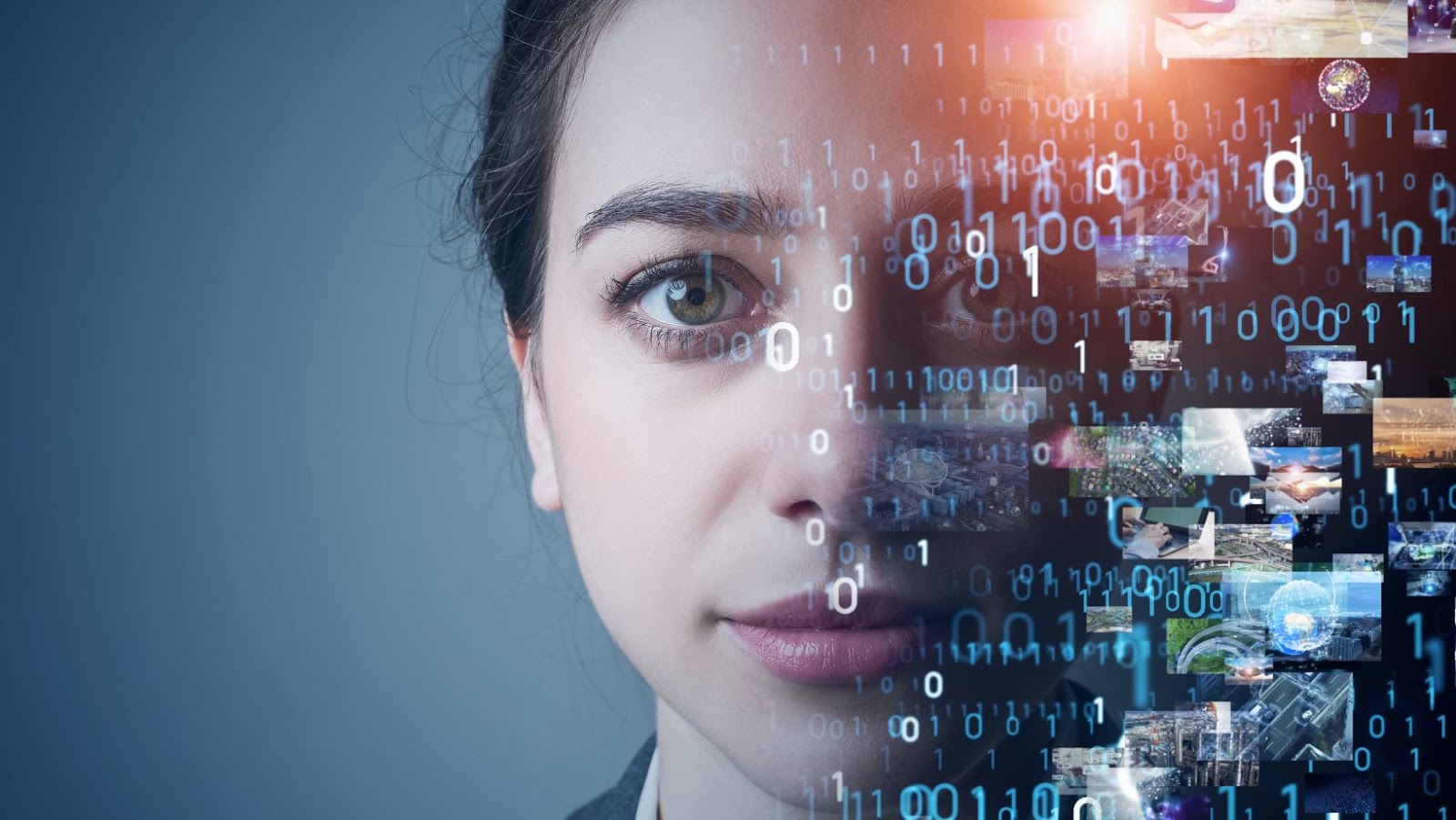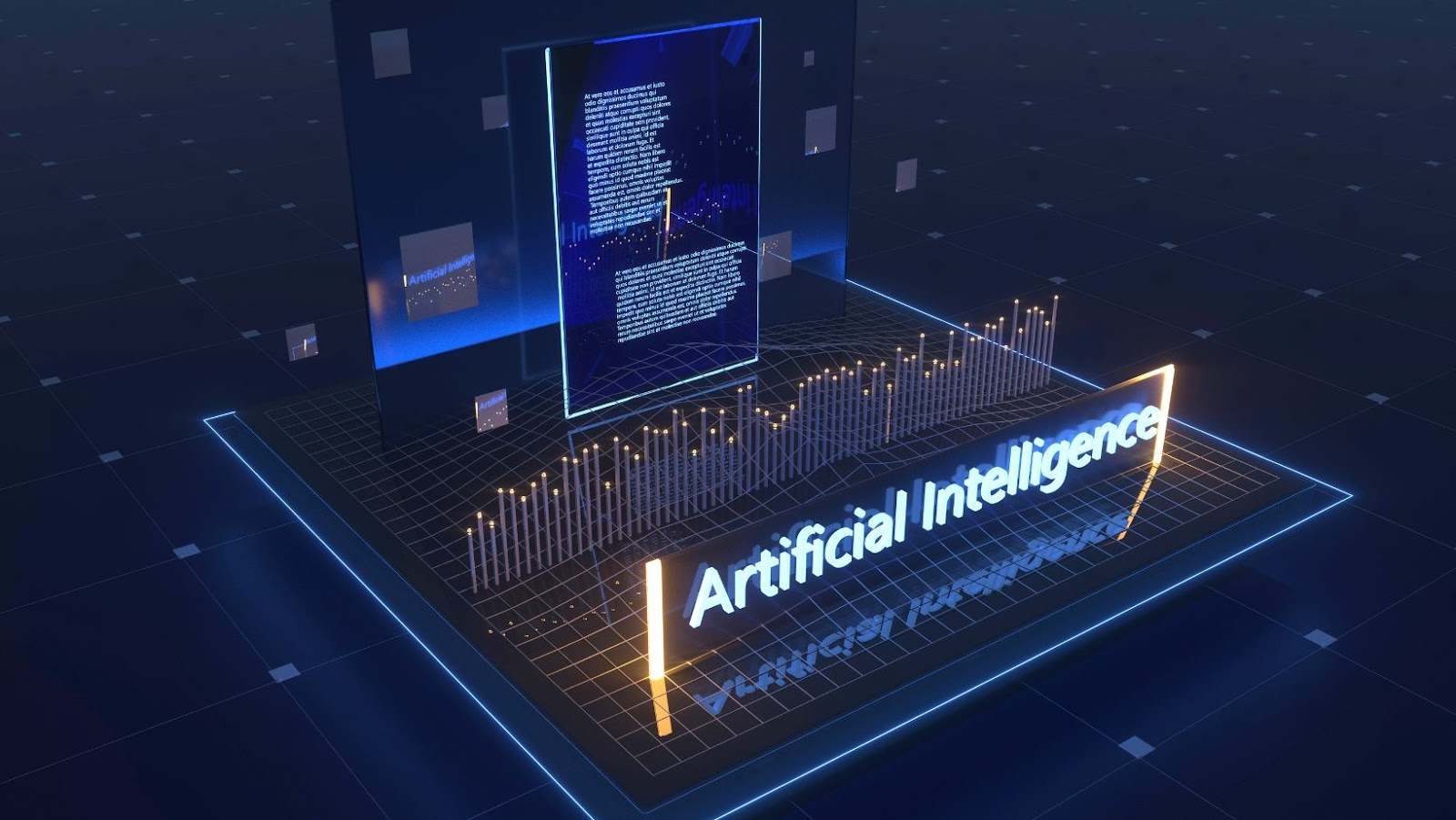Claude is an open-source ‘state of the art’ natural language processing system developed by Anthropic to improve chatbot performance.
Developed using the latest advancements in machine learning and artificial intelligence, Claude seeks to increase the accuracy of ChatGPT, a popular chatbot platform.
This article will discuss the innovative approaches Anthropic took to improve ChatGPT and the limitations Claude still suffers from.
Anthropic’s Claude improves on ChatGPT but still suffers from limitations
ChatGPT is a recently released deep learning model developed by Microsoft for natural language generation. It enables machines to communicate naturally with humans through conversation. ChatGPT was designed to power chatbot conversations, giving the user realism and fluency when conducting natural language exchanges.
At its core, ChatGPT utilizes models based on Transformer architecture to enable machines to generate responses to a given input text. This architecture, first introduced in 2017 by Google Brain researchers, has become increasingly popular due to its success in numerous tasks ranging from text classification and information retrieval, to natural language understanding and machine translation.
However, while ChatGPT can provide sophisticated conversational exchanges indistinguishable from those agented by humans in some cases, it can still be prone to generating nonsensical replies in response to certain topics or questions. This can be attributed mainly to the current limitations of natural language processing (NLP) technologies such as open vocabularies, subpar semantic analysis abilities, lack of sentiment understanding etc., leading to errors such as repetition or lack of continuity within dialogue sessions. Through Claude: an extension for ChatGPT created by AI scientist Andrej Karpathy and team at OpenAI, this problem may soon be alleviated through various advancements in NLP technology and methods such as data augmentation.
Overview of Claude
Claude is a conversational AI created by Anthropic that aims to improve ChatGPT. It takes natural language understanding a step further by introducing various features such as dialogue state tracking, interactive dialogue management, and content-rich dialogues.
Claude has several advantages over its predecessor, ChatGPT, however it still suffers from certain limitations. In this article, we will look closer at Claude to better understand what it is and how it has improved on ChatGPT.
What is Claude?
Claude is a powerful conversational AI that uses natural language processing (NLP) and ChatGPT to help automate real-time conversations. It’s designed to enable easy integration with existing chatbot platforms and allows businesses to create a high-quality chatbot experience quickly and easily. With Claude, businesses can automate customer conversations, provide personalized support, and create complete customer support portals.
NLP is the ability of computer science algorithms to understand, analyze, manipulate, and generate natural language. In the case of Claude, NLP techniques are employed to process chat messages it receives from customers or users to quickly derive their meaning. With ChatGPT – Generative Pre-trained Transformer – the AI can accurately interpret context to better respond more accurately in real-time conversations.
When an AI like Claude interacts with a human conversation partner, it combines its information of understanding about how language functions with the content of what one party said with what may be said next for both parties involved. As such, these interactions are uniquely tailored for each conversation depending on what has already been discussed—rather than relying entirely upon scripted messaging created by humans that offer less contextual accuracy or user satisfaction over time. This makes Claude well-suited for personalized customer service scenarios where more accurate responses are needed to obtain satisfactory outcomes from customers or users at scale.

How does Claude improve on ChatGPT?
Claude is the first open-source chatbot that uses the popular natural language processing (NLP) model, GPT-3. With Claude, users can interact with it in natural language and converse with a virtual assistant that accurately responds to questions.
Unlike other chatbots, Claude’s artificial intelligence will understand context and determine whether a user’s input is relevant—this allows for personalized responses more suited to an individual’s needs. Additionally, Claude can autonomously create tailored conversations using its powerful AI capabilities to learn from users’ interactions and deliver personalized suggestions.
Claude also provides an intuitive user interface (UI), allowing quick and easy access without using code or programming knowledge. In addition, its user-friendly UI makes it easier for developers to incorporate and customize their AI models within the system.
Thanks to its open source nature, Claude remains flexible enough for developers who want to extend its capabilities or even build custom applications around it — making it one of the best chatbots available today. In addition, its features provide businesses with a reliable and efficient platform that can be used as the basis of customer support services, automated FAQs, conversational marketing campaigns and more!
Limitations of Claude
Claude is a language understanding system by Anthropic Technology that utilizes AI and deep learning techniques to improve the existing ChatGPT and generate more accurate results.
While Claude offers some vital improvements, it still suffers from certain limitations that could prevent it from being deployed in certain scenarios.
In this article, we will be exploring these limitations in more detail.
What are the limitations of Claude?
Claude is a powerful, easy-to-use conversational AI powered by deep learning technology developed specifically for the customer support industry. However, it does have certain limitations.
Most notably, Claude does not understand natural language and has difficulty dealing with questions and expressions it has not seen before. It relies on its existing knowledge base of questions and answers to respond appropriately to inquiries. As a result, it may miss nuances in a customer’s query or provide an inaccurate response if the issue has not been addressed. Additionally, Claude relies heavily on pattern recognition rather than understanding context or conversational flow, making it difficult for customers to explain their issue more clearly.
While Claude can learn new conversational flows as you train it on more complex topics and give it access to different sources of information such as webpages and documents, it lacks the natural language processing capabilities offered by more advanced solutions such as ChatGPT. This limits its ability to understand customer conversations beyond basic FAQs. Moreover, its limited capability for natural language understanding makes distinction between similar phrases very difficult for Claude; for example if a customer asks about “car insurance” versus “home insurance” when asking about coverage for either area Claude may not accurately evaluate the subtle nuances present in each conversation path resulting in possible ineffective operations.
Synthesizing these limitations allows us to see that while powerful due to its simplicity and relative low cost of operation compared to other AI applications available-Claude fails short of providing complete procedural support during customer conversations due primarily due instances regarding its variable accuracy when classifying questions involving similar nuances that lead down different pathways.

How does Claude suffer from these limitations?
Although Claude is considered a great improvement on ChatGPT in providing relevant and consistent answers, it does suffer from certain limitations. These limitations stem from the fact that Claude is based on the same technology as ChatGPT and carries many of the same issues.
Firstly, Claude has difficulty understanding more subtle contexts, such as sarcasm or surprise in conversation. As such, it can be difficult to reliably determine how to respond effectively in more complex conversations; instead often producing robotic-sounding and non-relevant responses.
Its reliance on templates also limits Claude to generate an answer. While the conversation model opens up the possibility of truly natural interactions rather than simply following already established scripts, this means that during conversations it is prone to getting stuck in loops where an incorrect response caused by either a deviated context or a misconception on behalf of the model leads back to a previously seen response. This can make for frustrating and unnatural conversations for users interacting with Claude agents.
Finally, although Claude’s encouragement towards generalizing over similar sentences allows for more coherent responses across different output sequences, this diminishes accuracy due to overgeneralization; leading to inaccurate or confused responses when presented with more varied input sequences that deviate from its usual ones.
Conclusion
Anthropic’s Claude has made significant improvements on the ChatGPT model, however, it still suffers from some limitations. Claude can use knowledge about the world to generate more natural language responses than ChatGPT, but it still has some issues dealing with open-ended conversations.
In this article, we discussed the pros and cons of Claude’s improvements on ChatGPT and the limitations that it still has.

Summary of Claude’s improvements on ChatGPT
Claude is an open-source text generation engine built on Hugging Face’s framework. Developed by the same team behind ChatGPT, Claude introduces several improvements over its predecessor. The most notable of these are:
1. Unsupervised pretraining on more data leads to better results while making fewer requests.
2. Improved response times due to fine-tuning on switchable layers, allowing for simpler models and faster inference speed.
3. More robust response generation with a dedicated prompt layer helps preserve context throughout the conversation.
4. Using pipeline architecture for better modularity and ease of debugging and retraining, allowing for easy customization with minimal user effort.
5. Enhanced overall performance with optimization techniques applied to each step in the training process from data preprocessing to model optimization on the target machine learning platform before training can begin in earnest.
Summary of Claude’s limitations
Claude has many advantages over the traditional ChatGPT system. For example, it uses transfer learning from dialogue input, utilizes a stack-augmented RNN architecture for increased flexibility, and can train on maximum likelihood with various objective functions. Additionally, Claude has a powerful conversation context memory that allows it to remember previously mentioned topics and maintain a long-term dialogue state.
However, Claude also has some limitations.
The first limitation of Claude is its reliance on fixed templates for generating text responses. While this is efficient, Claude cannot generate novel or creative responses to new input data. Furthermore, when trained with maximum likelihood objectives, there is no guarantee that the same output will always be generated even if the same input is used multiple times. Engaging natural conversations may be difficult with Claude due to these fixed templates and lack of creative responses.
Another issue with Claude is its inability to incorporate various external knowledge sources into its conversations. Since all conversations are routed through the neural network’s memory context vector, Claude cannot easily access external sources when responding to user queries unless those sources have been manually included in the training data before deployment. This means that external information must be pre-processed before being presented as part of a response from Claude.
tags = Anthropic, Claude, ChatGPT, AI system, similar to OpenAI’s ChatGPT, Slack, constitutional AI, anthropic ai series skype jaan tallinncoldeweytechcrunch, Riley Goodside, Cyberiad


More Stories
Building Poker Skills on 1win: a Platform For Every Player’s Journey
Innovative Architectural Designs for Senior Living in Sydney
Exploring Luxurious Travels: How to Choose the Right Yacht Charter Service